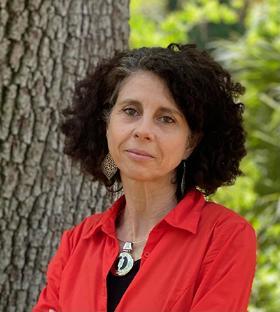Enabling Environment
The aim of this cross-cutting theme is to assess and enhance the national context for supporting livestock policies and institutions. We will work with diverse stakeholders in all five target countries to identify and address knowledge gaps, promote effective mechanisms for dialogue and consultation, and convene engaging platforms for information and knowledge sharing to support the formulation or implementation of policies that improve the performance and sustainability of livestock systems.
The work builds on Phase I partnerships and seeks to collaborate with other initiatives, including the Feed the Future Innovation Lab for Food Security Policy Research, Capacity, and Influence.
This theme collaborates with all three areas of inquiry as well as the other cross cutting themes. For example, it will help create more inclusive opportunities for women and youth to participate in stakeholder meetings and to inform policymaking.

The Enabling Environment team is led by Dr. Renata Serra.





